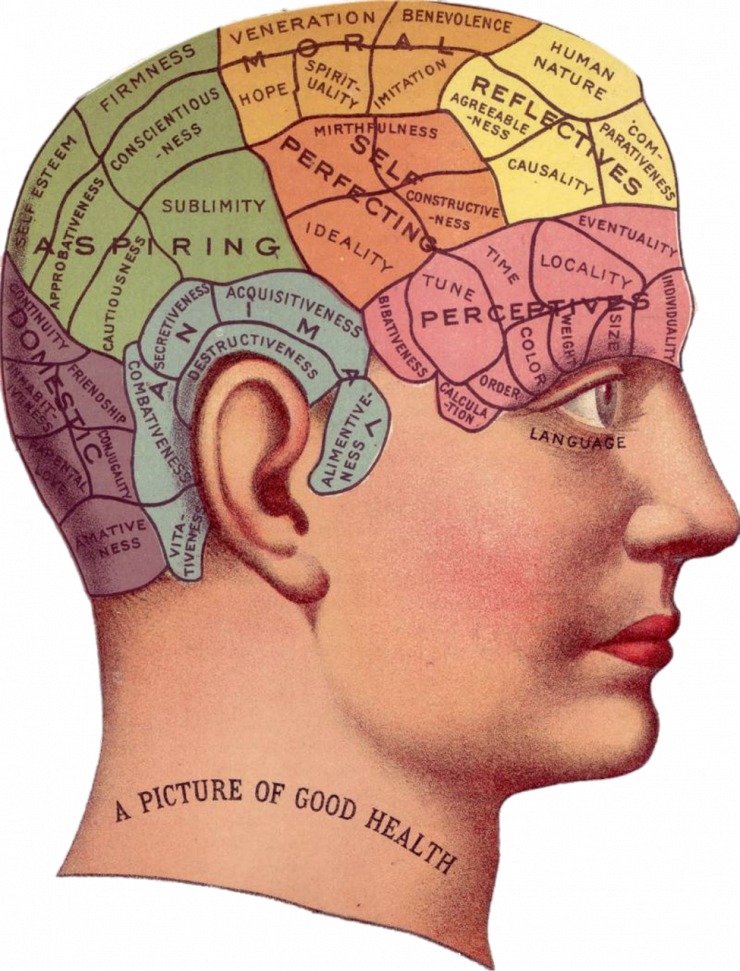Watch out: Doing this as you age could put you at risk of Alzheimer’s disease.
According to research from the National Institutes of Health, not getting enough sleep could increase beta-amyloid protein, a precursor to Alzheimer’s disease.
Researchers believe that an increase in this protein form amyloid plaques, which lead to sustained cognitive degeneration.
As a result, Alzheimer’s disease develops more rapidly.
Just one night of poor sleep correlated to a 5 percent increase in this protein, affecting regions in the brain that are commonly impacted by dementia early on.
However, getting more restorative sleep later on–and practicing good sleep hygiene habits–helped reduce the damage it caused.
So how do you get better sleep?
– Avoid stimulants.
Coffee, soda, and energy beverages contain drugs which can delay the onset of sleep, making it harder to maintain a normal sleep schedule.
They may also increase anxiety, which can also interfere with sleep.
– Eliminate noise pollution.
A brightly lit clock, night light, or even your smart phone can make it harder to fall asleep.
Make sure your entire room is completely dark and quiet before attempting to fall asleep.
– Keep your room cool.
A cool, but not cold, room, helps people naturally fall asleep faster. Hotter temperatures are not ideal, and can make it difficult to get enough restorative sleep.
Still having trouble falling asleep?
Consider scheduling a visit with your local healthcare provider soon–chances are you could be developing insomnia.
Fixing it as it starts is your best bet for optimal brain health.












